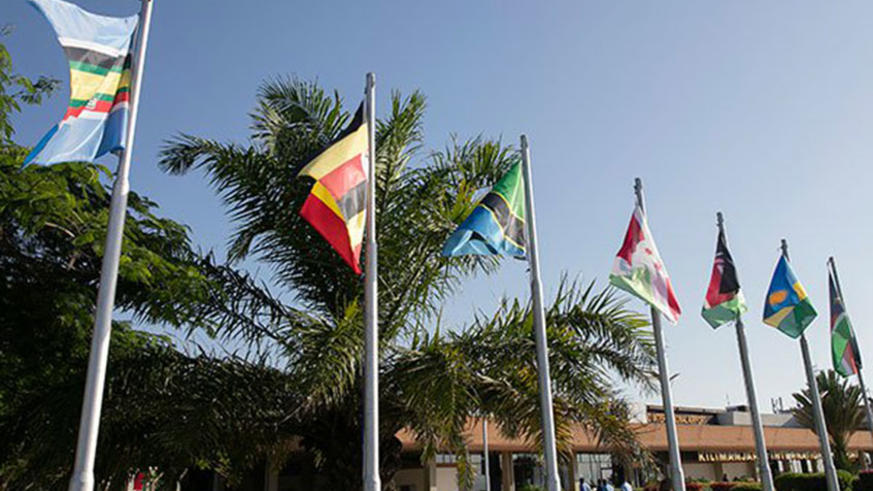

At the just-concluded summit of the East African Community that was held virtually, the Heads of State of the six partner states among others directed the relevant authorities to follow up on the two countries that have applied to join the bloc.
The two countries in question are Democratic Republic of Congo and Somalia. The heads of state directed that verification for their admission be undertaken expeditiously with view to admit them to the body when they are found to meet the necessary criteria.
That the leaders of the Community considered the applications and gave them the necessary attention speaks to the value they attach to the continued expansion of the bloc. This is a good thing and one that must be commended.
Like has been stressed at different fora, the regional grouping will always deliver better for the citizenry when it is bigger. It means a bigger market for our business operators, most of whom – like the cross-border traders – are informally operating.
Excluding countries like the Democratic Republic of Congo, which shares its borders with at least four countries of the community (Rwanda, Burundi, Tanzania and Uganda) would be a great disservice to the populations both from the current member states and DR Congo.
Somalia will also have what to offer to the community and what to take, be it in terms of trade and security, as it continues to pick up from decades of political instabilities.
It is however imperative that mechanisms are put in place to ensure that the growth in the number of countries does not again turn out to impede decision-making on matters that affect the EAC citizenry. For instance, in case countries end up being stuck in unending bureaucracies and lack of consensus.
The increase in the number of partner states will mean that more countries will have different interests and may naturally not see things in the same way or move at the same pace. For the greater good, the laws should be made flexible in the event that few countries still need time to consult on a certain position, are allowed such so that those that are ready can move.
The case of the EAC negotiations with the European Union on the Economic Partnership Agreement is one such examples where countries did not move at the same pace. To their credit, the Heads of State directed that countries that are willing should proceed with view of implementing the EU-EAC-EPA under the principle of variable geometry.


